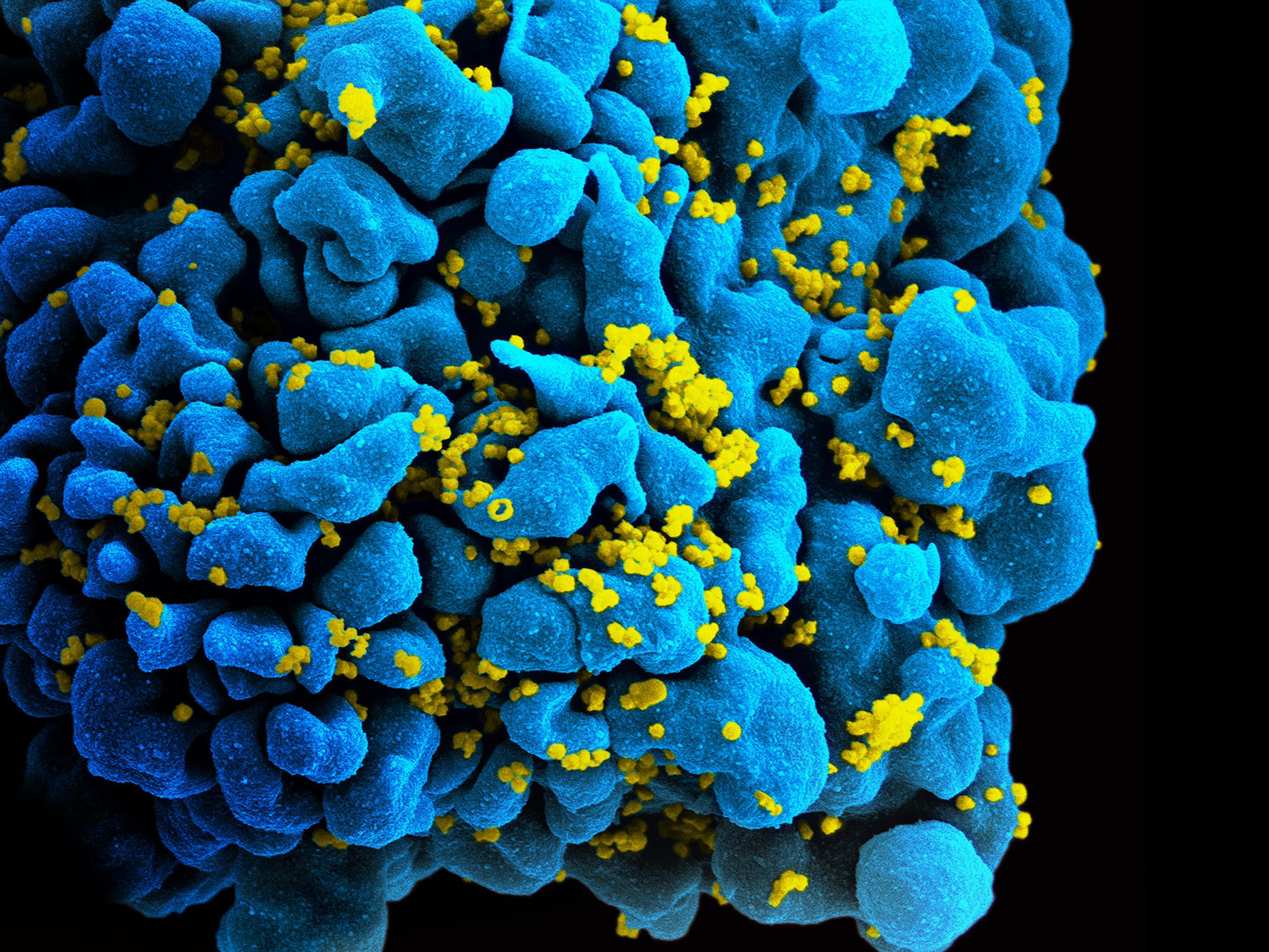Hepatitis B can infect humans and apes, and is most common in West Africa and in sub-Saharan Africa. The disease also occurs in the rest of Africa, as well as in areas from the Caspian Sea through to China and Korea and further down to Southeast Asia.
Baruch Blumberg discovered the virus behind hepatitis B and developed a vaccine against the disease.
There are many varieties of hepatitis, or jaundice, that cause inflammation in the liver. When studying blood proteins from people from different parts of the world at the end of the 1960s, Baruch Blumberg unexpectedly discovered an infectious agent for hepatitis B. He showed that the infectious agent was linked to a virus of previously unknown type. The virus can infect people without them becoming sick. The discoveries enabled both vaccines and tests to prevent the spread through blood transfusions.
Baruch Blumberg was awarded the Nobel Prize in Physiology or Medicine 1976. He has summarized what the Nobel Prize meant to him.
The award of the Nobel Prize has provided many opportunities that would not have otherwise been available to me. In addition I have had the privilege of meeting many other laureates and their families over the years and attending the grand events held periodically in Stockholm and elsewhere. It has enriched my scientific life and the lives of my wife and family. Our four children have among them now produced nine grandchildren. We spend a great deal of time with them; they are our eyes into the future.

